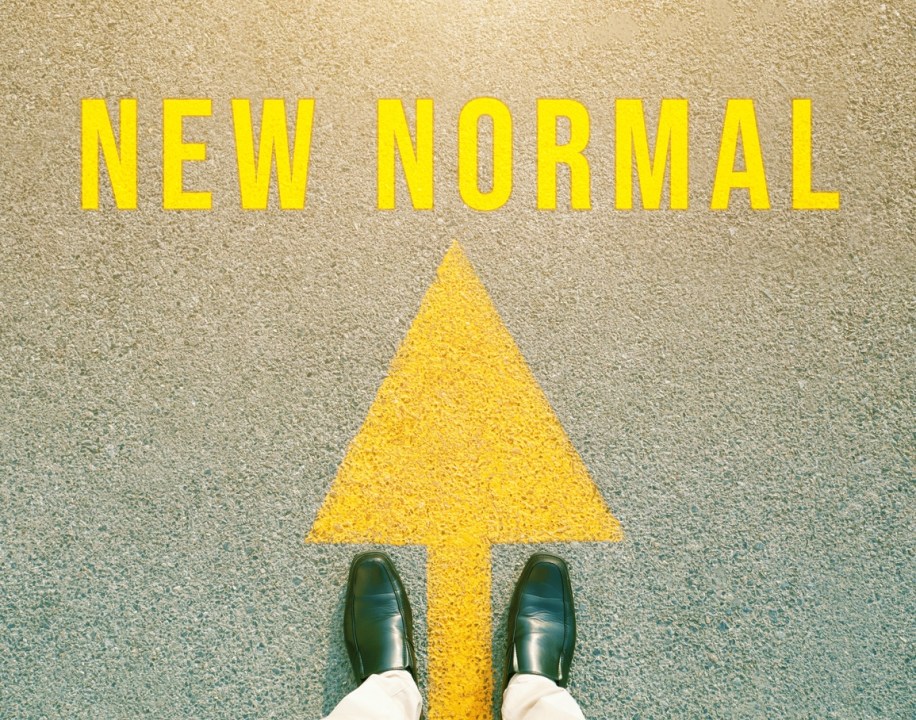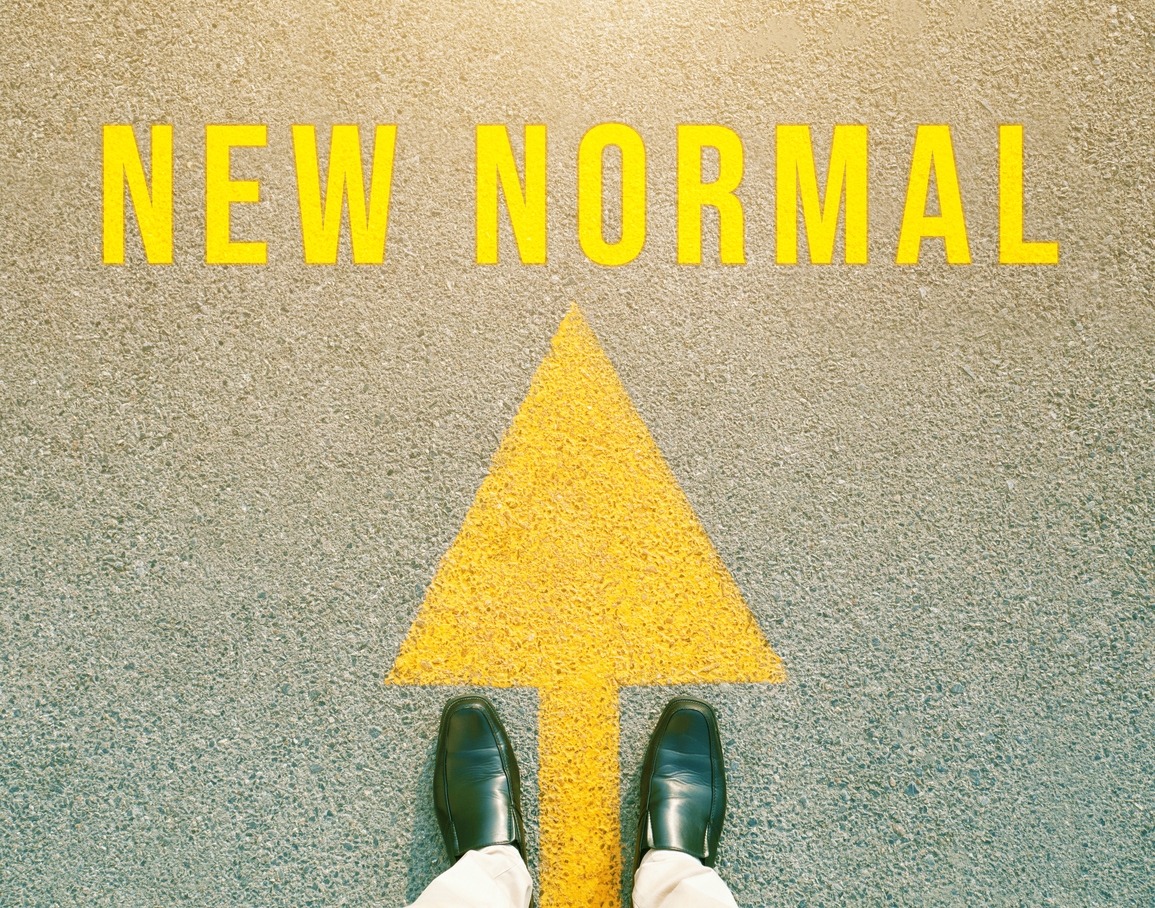‘Should I pay in actual money, in-person, in the shop itself?’ I asked my husband incredulously the other day. Yes, he replied, sounding rather bored. Prior to the pandemic such an exchange would not have taken place. I would have simply gone to the shop with no thought of government restrictions to my personal liberties, unmasked and care-free, and paid in good old-fashioned sovereigns. But this is 2021 and the pandemic has had such a profound effect on our linguistic habits that we are now forced to speak in a tangle of retronyms to get our point across.
But what exactly are retronyms? Those expecting the linguistic form of a Hoxton hipster, dressed ironically in 90s clothes may be disappointed because retronyms just aren’t that edgy. Rather, retronyms are the neologism’s poor cousin, words that need a modifier to accompany the noun to distinguish it from its new, flashier variant.
Classic examples include ‘snail mail’, the jocular retronym to denote the poor old post, deprived of its once thrilling status as the herald of all news from the outside world. Or the ‘landline’ phone now regarded as the preserve of either the very old or the sorry target of calls from bailiffs based in places like Pontefract or Bootle.
Clunky and a bit dowdy, retronyms need remedial modifiers to underline the fact of their obsolescence. Yet, say what you like about retronyms, the fact is we need them to avoid confusion and navigate our way through the ‘new normal’ of the pandemic.
As the above iterations indicate, retronyms have previously been driven by the rapid and pitiless advance of technology. This year, however, it is the pandemic that has dictated their use and form, proving that language may become just as infected as its users. According to the Oxford English Dictionary, there can be no single ‘word of the year’ for 2020 not only because of the exponential rise in significant new coinages – ‘covidiot’ or ‘covalgia’ – but also because of the ‘systemic’ change to language use. Retronyms are part of this seismic shift that defies one single definition and their usage can only be expected to increase.
As we enter what epidemiologists blithely term the ‘late pandemic’ we need retronyms more than ever as language transitions from one crisis phase to another. Thus, retronyms that sprung up out of the early pandemic such as ‘zoom call’ will soon be replaced by their more antiquated yet perversely more current counterparts such as ‘actual meeting’ or ‘conventional date’. Somersaulting back upon themselves, retronyms may have got lost in the Covid time warp. Gretchen McCulloch, author of Because Internet (2019) even moots the broader, more frightening concept of no retronyms at all: ‘When this is hopefully a memory, and we start talking about what we’re doing again, now that we can hang out in real life, what are we going to be calling that?’ What indeed.
The burgeoning use of pandemic retronyms may convey the general impression that it is possible to smooth over the experience of the pandemic with the addition of handy modifiers. What retronyms cannot accurately convey is the sense of psychological whiplash. Does ‘in-person’ really render the sense of sadness and confusion we have experienced at being kept from each other for a whole year and then some? I’m not sure it does. This is probably true of other retronyms that have emerged from traumatic events. Take the term, Second World War, which arose out of the necessity of having to distinguish one world war from another with only thirty-one years to sandwich between the two. Those who refer to the First World War as the Great War shade their retronym with a darkness that feels more fitting even if it does comparatively weaken its later counterpart.
Retronyms can be funny. When I looked up a list of the top ten most commonly used retronyms, many of them summon a sense of the ‘old school’ – steam engine, anything prefixed with analogue, text message, floppy disk, etc. – offering a portal into our luddite pasts and the enthusiasm which once greeted what is now considered passé. Other retronyms are more darkly amusing depending on how you look at it, ‘Old Labour’ springs to mind or ‘pre-coalition Conservative’. Little obituaries for the past.
Pandemic retronyms mostly make me feel sad though. When I try to think of a term for summing up the world before Covid, I fall short and end up scrambling around. How do you express a world before masks, sanitizer, track and trace, lockdowns? A word for Before? I usually end up saying ‘before the war’ or ‘in peacetime’ but I urgently need an alternative. It would be nice to have a word to crystallize the knowledge that everything has changed. I am looking for that word. Maybe one day it will make me laugh.







Comments